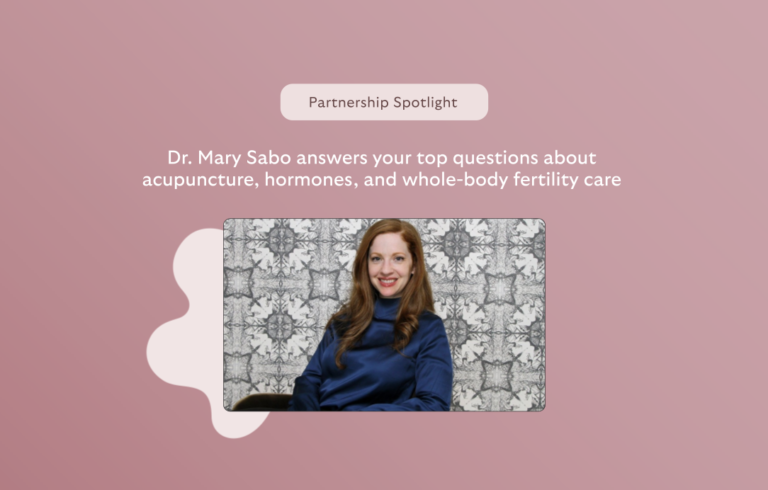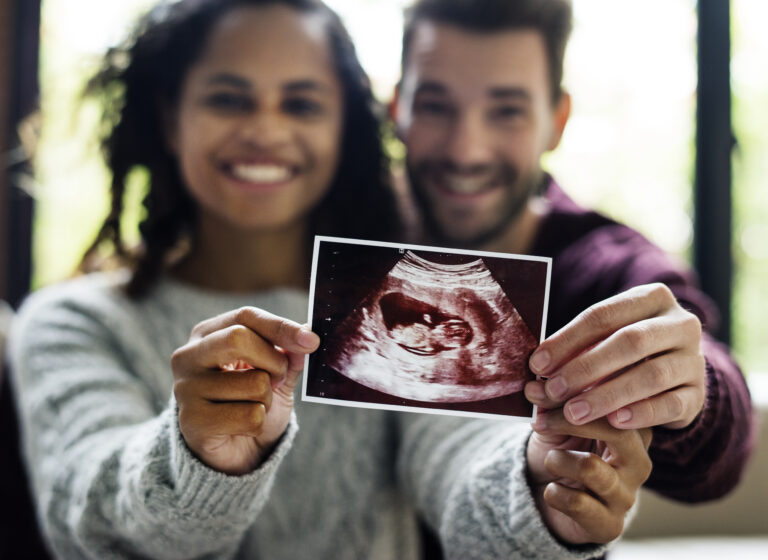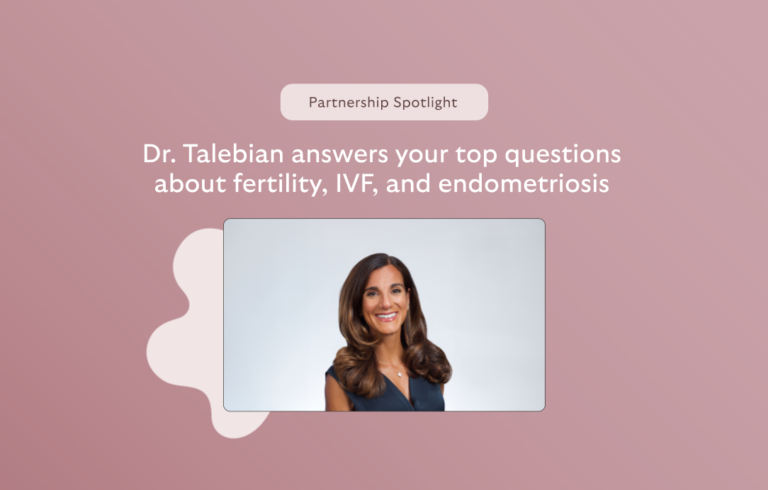On this episode of the Gut Love Podcast, gastroenterologist Dr. Elena Ivanina sits down with Dr. Karli Provost Goldstein, founder of ESSE Care, to unpack the deep—and often overlooked—connection between gut health and gynecologic disease, particularly endometriosis.
What emerges is a powerful conversation about why so many women are left in the dark about their symptoms, and how true healing comes from a collaborative, full-body approach.
Here are five key takeaways from their discussion:
1. Endometriosis is still misunderstood—and too often missed
Dr. Goldstein shares that most patients wait 8–10 years for a diagnosis. Why? Because symptoms are often brushed off as “normal,” misdiagnosed as IBS or anxiety, or treated with bandaid solutions. Many patients bounce between specialists—GI, fertility, primary care—without anyone digging into the full picture. Endometriosis can mimic or overlap with GI symptoms, and without someone trained to recognize the signs, it often gets missed.
Her message is clear: you can’t rule it out just because imaging looks fine.
2. Normal scans don’t mean nothing’s wrong
This is something both doctors emphasize. Endometriosis—especially in its earlier stages—won’t always show up on ultrasound or MRI. But that doesn’t mean it’s not there. Dr. Goldstein explains the importance of really listening to symptoms: painful bowel movements, painful sex, leg pain, nausea, bloating, or bladder urgency. These are all clues that should never be ignored.
Diagnosis starts with a good history and clinical suspicion—not just a scan.
3. The gut and pelvis are more connected than you think
Endometriosis and gut symptoms go hand-in-hand far more often than people realize. Up to a third of cases involve the bowel, particularly the rectosigmoid colon. That can lead to constipation, bloating, or rectal pain around the cycle. Inflammation, adhesions, altered motility—all of it can impact the gut.
Dr. Ivanina and Dr. Goldstein break down how endo can mimic SIBO or functional gut disorders, and why a siloed approach to care often fails patients.
Collaboration between GI and GYN isn’t optional—it’s essential.
4. Excision surgery matters—but recovery requires more
Dr. Goldstein explains that excision surgery is the gold standard for treating endometriosis—but it’s not a standalone fix. Without post-op care to support gut healing, hormones, pelvic floor function, and lifestyle, many symptoms persist.
Long-term relief comes from working a full plan: surgery when needed, but also targeted support from nutrition, pelvic floor therapy, and personalized hormone balance.
Whole-person care is what changes outcomes.
5. Food and lifestyle have a real impact on symptoms
Inflammation is at the root of both gut and pelvic disease. Dr. Goldstein shares simple, realistic changes that make a difference—cutting back on ultra-processed foods, artificial dyes, excess sugar, and focusing on anti-inflammatory meals, especially leading up to your period.
Even starting with one plant-based meal a day can shift the needle on bloating, pain, and hormone stability.
It’s not about being perfect—it’s about being consistent and supported.
Looking ahead
This podcast is a reminder that women’s health doesn’t live in one body system—it’s interconnected. The bowel, the pelvis, the immune system, the mind—they all speak to each other.
Dr. Goldstein’s work at ESSE Care brings together advanced surgical care with functional medicine, integrative therapies, and collaborative partnerships with providers like Dr. Ivanina.
If you’ve been told everything’s “fine” but you don’t feel fine, you deserve a deeper look—and a team that sees the whole you.
To go deeper into the connection between gut health, endometriosis, and personalized care, watch the full episode.












